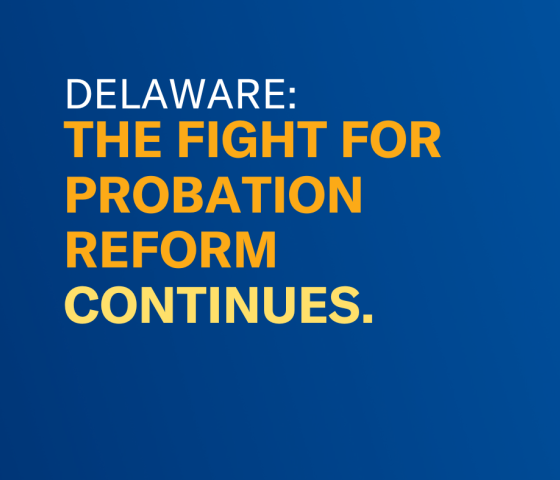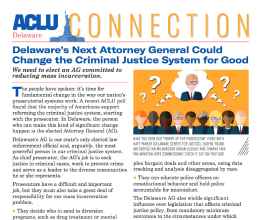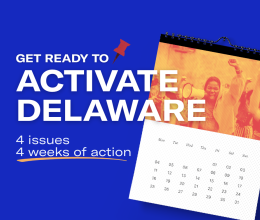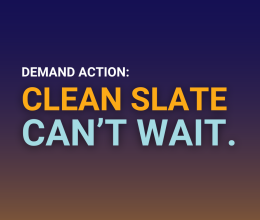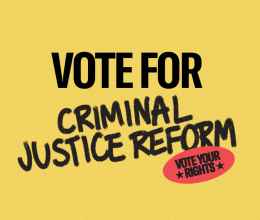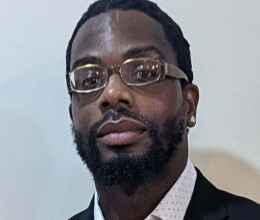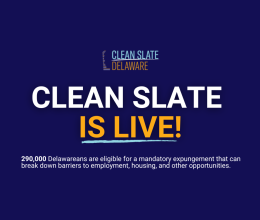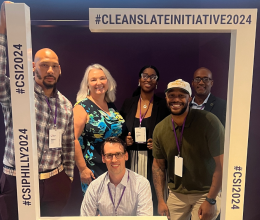This post is part of our Fall 2018 issue of Connection, our quarterly newsletter. To read the whole newsletter, click here.
The ACLU both nationally and locally is becoming a more political organization. Not partisan—it’s not about D’s or R’s. It’s about our principles and issues. And it’s about building political power, so that we can more effectively promote the rights of everyone and use the democratic process as a tool for social change.
Throughout our history, the ACLU has been a legal powerhouse. We have battled in the courts and won. Our work has helped make the promises of the U.S. Constitution more of a reality. But a litigation strategy is by its nature a defensive strategy. We fight in court to force the government to live up to its promises and obligations. But as we look to increase our influence and successfully expand the civil rights and freedoms of “We the People,” we must also build our legislative prowess. That means being more directly involved in the electoral process.
The lead story in this edition of Connections is about our work surrounding the primary race for attorney general. ACLU affiliates across the country have realized that if we are truly going to challenge mass incarceration, we must recognize the power of the prosecutor and confront it head on. Here in Delaware that means getting specific reform commitments from the AG candidates in advance of their election, so that we can work with them and also hold them accountable once they are in office.
It also means electing candidates up and down state who will vote for reforms and new, progressive social policies that benefit everyone. We can no longer sit on the sidelines. As an organization, we must raise up our issues and influence the debate in ways similar to what we did with repeal of the death penalty.
But we must also take it a step further. We must mobilize people to vote. We must educate them about candidates’ positions and voting histories very directly. Don’t be surprised if you see us put out an internet ad or send a mailing documenting a candidate’s position on criminal justice reform, reproductive rights or access to the ballot box.
Litigation will always be at the core of the ACLU’s expertise and strategy. Now we must become expert and influential in the political process as well. Ultimately, we aim to make the democratic process fairer and stronger so that it can truly reflect the will of the people.
In Solidarity,

